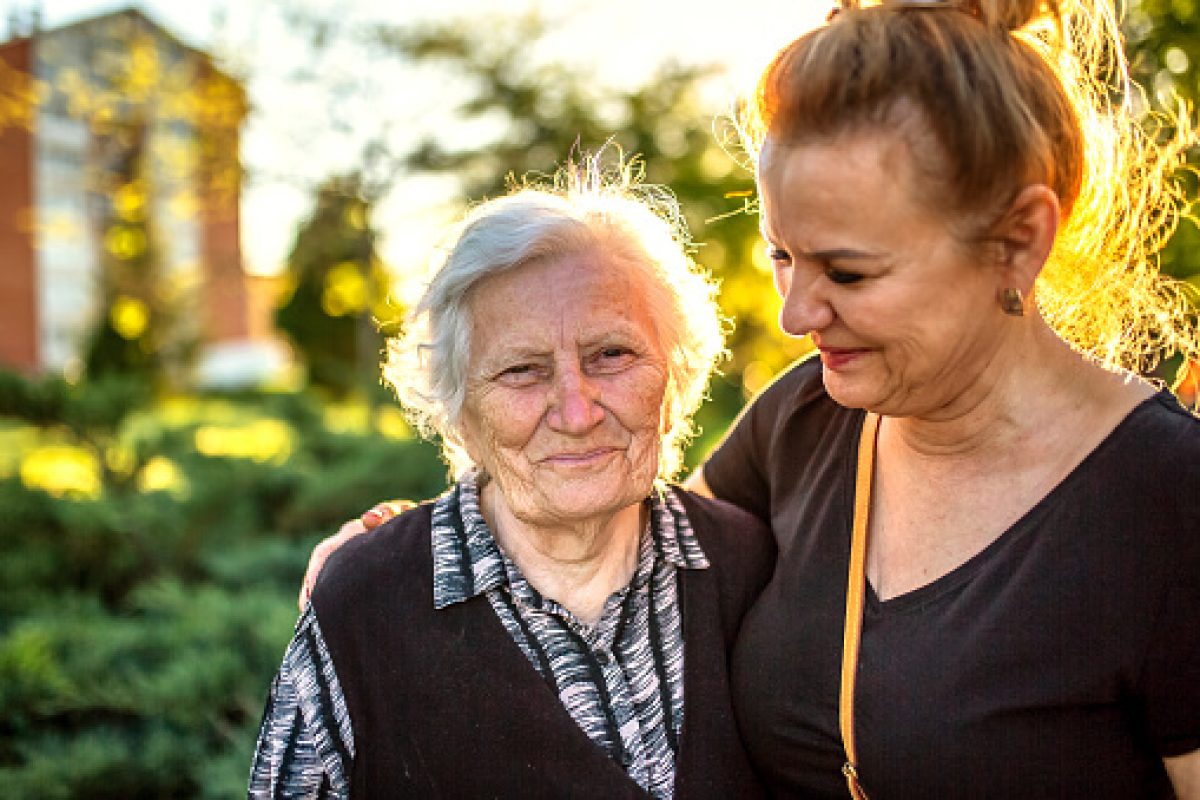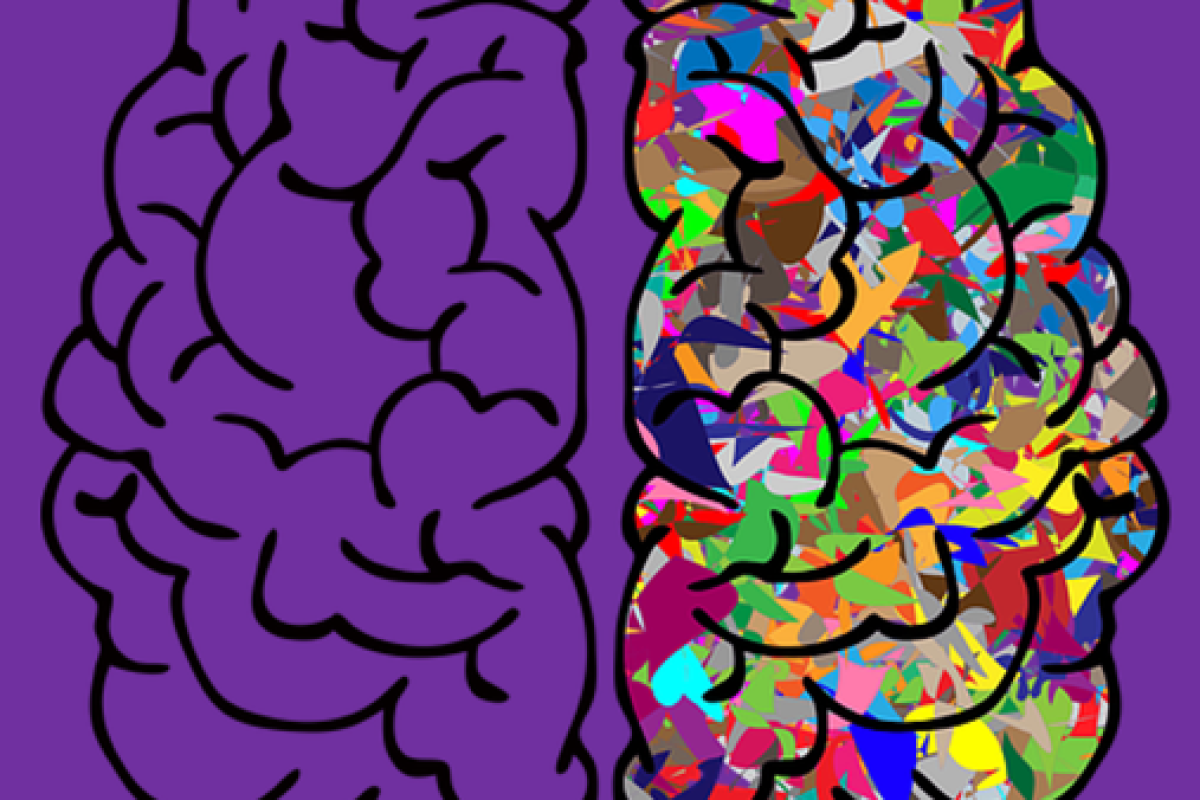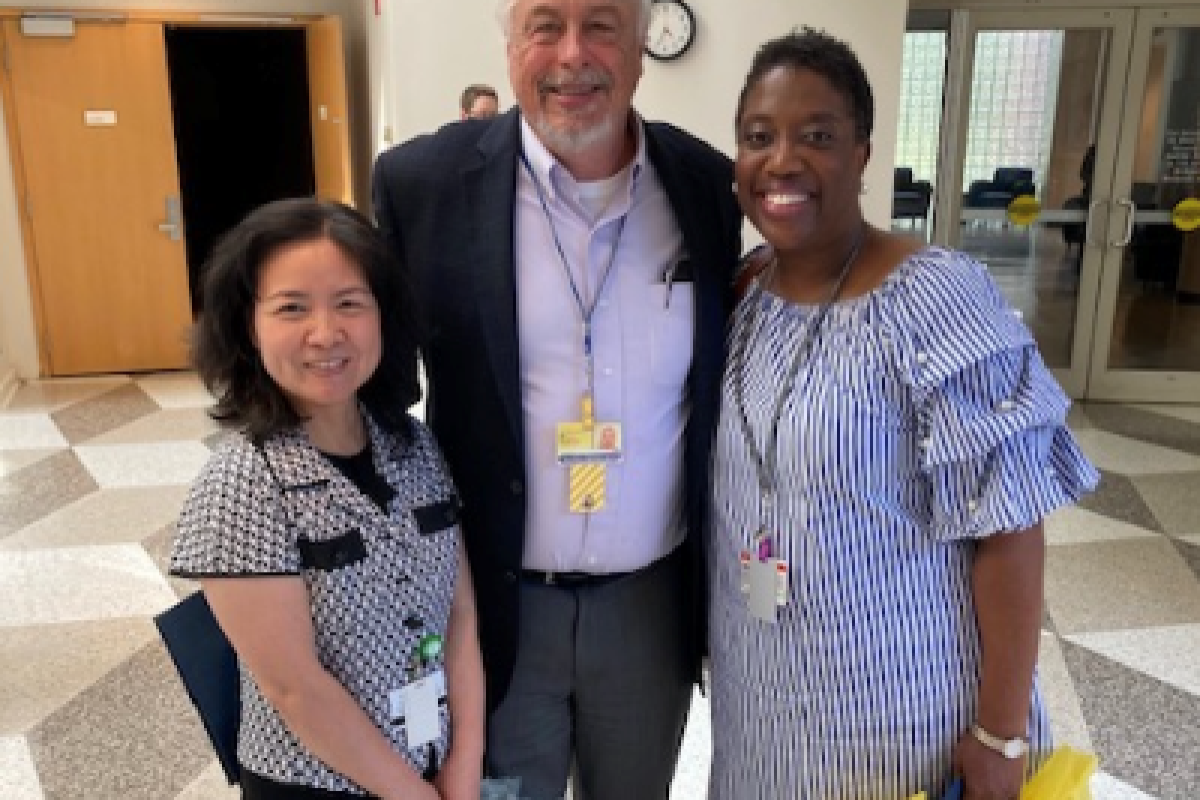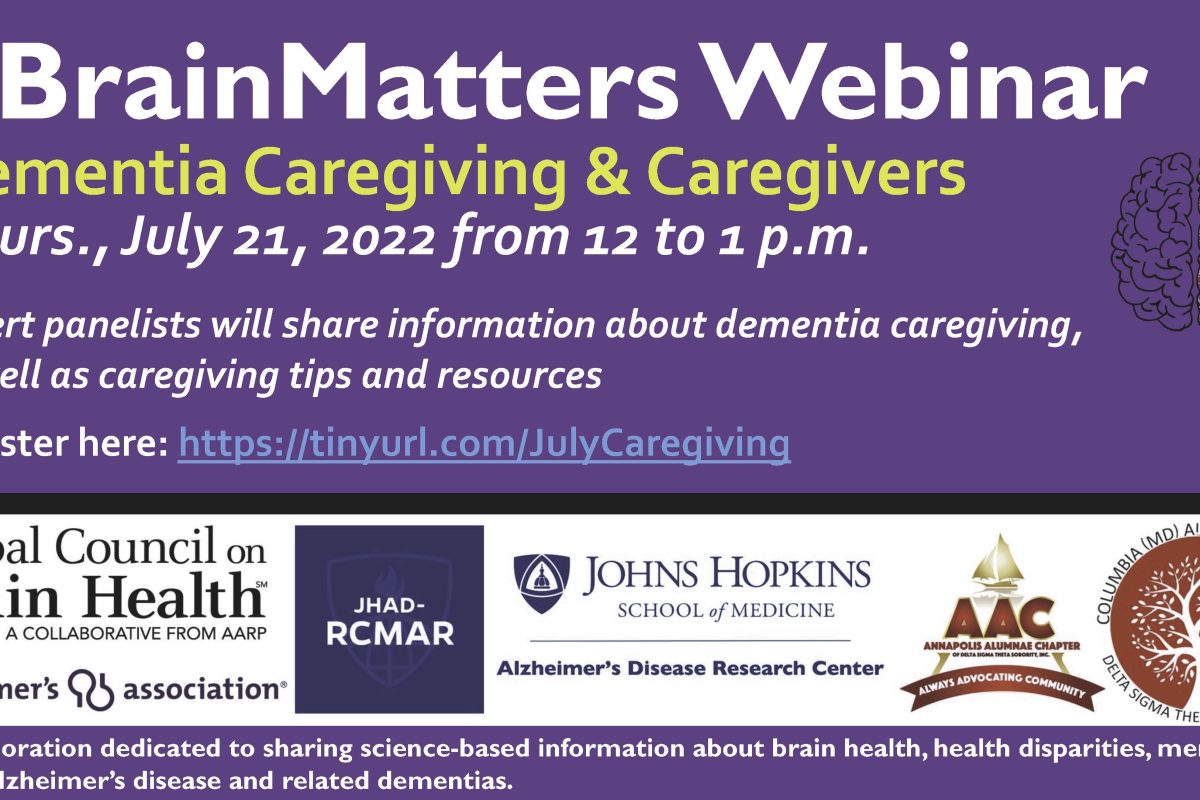Talan Zhang (left) and Monique Lee (right), pictured with Dr. David L. Roth (center). This picture was taken at the reception for the Division of Geriatric Medicine & Gerontology’s Town Hall on June 28, 2022, at which the Mason F. Lord Staff Excellence Awards were presented.
At its annual town hall on June 28, the Division of Geriatric Medicine and Gerontology presented four high-performing professional staff with the Mason F. Lord Staff Award of Excellence.
It is worth taking a moment to reflect on the awards’ legendary namesake, Dr. Mason F. Lord. A 1954 graduate of Johns Hopkins Medicine, he is considered as one of the founders of modern Geriatric Medicine. In the 1950’s and 60’s, when the Johns Hopkins Bayview Medical Center was still known as the Baltimore City Hospitals, Dr. Lord was the first full-time Chief of Geriatrics. At the time, many older adults arrived at the hospital with advanced chronic illnesses and they were kept at the hospital until their death in order to tend to their medical needs; the average older adult in the chronic illness section of the City Hospitals stayed for 3 or more years. To improve care for the aged ill, Dr. Lord envisioned an innovative approach involving care for older adults before they reach a critical tipping point in health and bringing them to the hospital when necessary for advanced care, and then placing them back in their homes whenever possible accompanied by regular physician home visits to continue patient care. Over time, this revolutionary approach became a national model.
The Mason F. Lord Staff Award of Excellence recognizes staff who demonstrate outstanding accomplishments in four categories—each is a hallmark of Dr. Lord’s legacy. Here are those categories reflecting the outstanding attributes he embodied, along with the 2022 winners of the award named in his honor:
- Performance Excellence: Monique Lee
- Creativity and Innovation: Talan Zhang
- Leadership: Brandon LaCour
- Safety and Service: Jeanette Wooden
The Center on Aging and Health congratulates all of the winners, and we are particularly proud that two of these amazing professionals work with the Center’s team: Monique Lee and Talan Zhang! Below is a description of their distinguished service.
Monique Lee, Administrative Coordinator
In his nomination for Monique, COAH Director Dr. David L. Roth said: “Monique Lee has been the full-time administrative coordinator in COAH since December of 2018. Over the past 3 and ½ years, she has consistently been a positive and welcoming face of the Center and has also shown tremendous growth in her professional skills. Whenever anyone calls or emails the Center, the first person they encounter is Monique, and she always warmly welcomes them and strives to be as helpful as possible. As Center Director, I basically rely on Monique for everything….” Monique is responsible for: scheduling and coordination of the Center’s various activities among multiple collaborators; website content management and updates; scientific clerical tasks pertaining to publications; and “Division Citizenship”—participating in many activities and to meet needs across the entire division. Without a doubt, Monique is a critical part of the COAH team.
Talan Zhang, Senior Biostatistician
Dr. Roth praised Talan’s data and programming skills in his nomination for her: “Talan has superb programming skills that have really enhanced the innovation and creativity of the teams she has been working on. Talan has programmed the data management systems in SAS that track who is eligible to be recruited, who has been contacted, and which patients have followed up to receive the intervention…. Because of Talan’s skill and amazing dedication, she was able to basically take over this important infrastructure role in our Center….” Talan has demonstrated creativity and innovation skills to track patents, to master accelerometry data analysis, and to analyze NHATS data. Dr. Roth added, “Using the NHATS database, Talan examined the distributions of the continuity measures and determined that these distributions were not suitable for conventional regression analyses, so she led the effort to conduct alternative quantile regression analyses instead. The reviewers for the Journal of the American Geriatrics Society were very impressed with this innovative approach and quickly accepted the paper for publication.”
Monique & Talan: Up Close & Personal
I had an opportunity to interview Monique and Talan to get to know them a little better as people, and to ask them about their reaction to receiving their award. Here’s what they had to say:
Tony: How long have you been with COAH?
Monique: I’ve been with COAH since December 2018–so 3 ½ years.
Talan: I started it in Sep, 2019, so less than 2 years.
Tony: What do you love about your job?
Monique: My colleagues. I can probably tell you a fun fact about everyone!
Talan: I can utilize my skills and knowledge.
Tony: What motivates you to work in the area of aging and health?
Monique: Knowing that in some small way, I’m helping people to care for family members or themselves as they age. Being one of the caregivers to my mom, working in aging has open my eyes as to how I can help her in this phase of her journey.
Talan: I have been a data person in health care area for over 10 years. I love doing research, finding patterns behind the data, and implement the findings in the real world to benefit patients.
Tony: How does receiving an MFL award from the division make you feel?
Monique: It was a pleasant surprise. I felt good to know that others appreciate what I do.
Talan: I feel honored, very happy.
Tony: When you are not at work, what are a few of your hobbies or favorite ways to spend your down-time?
Monique: Reading, spending time with my family/friends and helping women with their skincare needs.
Talan: Sitting meditation, reading book and listening to music.
Tony: What is at the top of your bucket list?
Monique: Shopping in Italy!
Talan: Haven’t thought about my bucket list yet!
Tony: Anything else you’d like to say?
Monique: Thank you to all who voted for me to be this year’s recipient of the MFL Performance Excellence award.
Talan: I’m very grateful for the nice colleagues’ help and support.
You may learn more about the awards and see more images from the event in a related Medicine Matters blog.
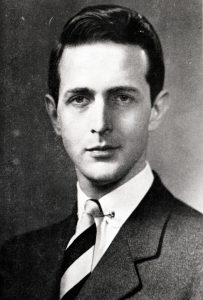
Mason F. Lord, MD
Interested in learning more about Dr. Mason F. Lord? See these articles from the Baltimore Sun:
By Anthony L. Teano, MLA
Communications Specialist
